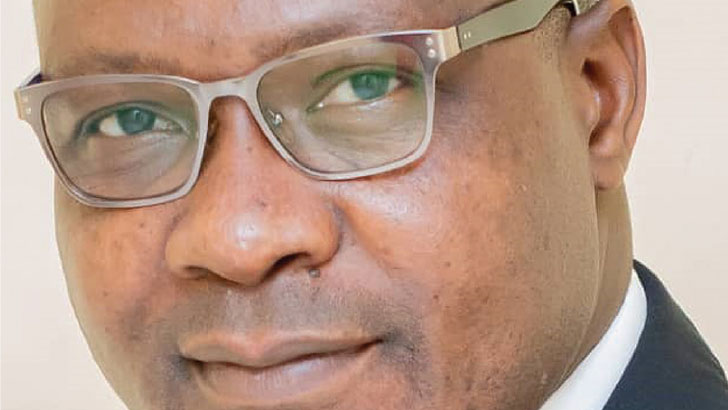Mutharika’s smoky power plant
Speaking at the commissioning of diesel generators in Blantyre, President Peter Mutharika sounded full of confidence in a future of a country living, literally, in the dark.
“This is the beginning of the end to Malawi’s economic stagnation,” he boasted.
That was quite an amazing statement. There is scanty evidence—if any—of a country whose economic prosperity was built on the back of fragile hydropower plants and 55-megawatt diesel-powered generators.
Diesel-powered generators, it is true, can provide back-up to the national power grid.
But to say it offers the firm foundation on which Malawi will turn around is just fanciful thinking and self-congratulatory politicking.

For starters, the sheer amount of diesel fuel needed to run those generators is precious money going down a dark bottomless pit—each hour, every day.
Every single independent assessment I have come across shows how prohibitively expensive and fatally flawed this approach is even as a short-term stopgap measure.
In fact, Electricity Supply Corporation of Malawi (Escom) recently hiked power tariffs by nearly 25 percent to pile the cost of the exorbitant quick fix on Malawians.
This means a poor Malawian who used to spend K1 000 on weekly electricity bills will have to shell out an extra K250 to acess power—if and only if lengthy blackouts that keep plaguing the country relent.
Over the past two years especially, the unavailability of electricity has scared away investors, ruined industries and wrecked small to medium businesses.
Darkness repels business
Those who were looking to the President for salvation would have been disappointed.
In yet another example of a statement from a president living in cloud cuckoo land, Mutharika said Malawi had become a destination of choice for foreign investment.
Sorry, but nobody is attracted by darkness. Only cockroaches are.
If Malawi is not efficient, if it does not have electricity, and if it is not cheaper and better than Zambia, for example, then investors will go to Zambia. It’s as simple as that.
Last year, Mutharika put up a fabulously choreographed march on Escom in downtown Blantyre and, when he came out of a board meeting with its management, boldly declared that the debilitating blackouts would be over by December 2017.
Today, months after the ‘surprise visit’ which appeared extensively choreographed and rehearsed at Sanjika Palace in the vicinity of the city where deafening generators roar all day, Mutharika says blackouts will end by March.
This is what we heard from Escom shortly after the presidential visit to Escom.
In March, who knows what he will say.
It is doubtful if anybody takes the President seriously about this matter anymore.
I rather would have a leader who is not afraid to give the bad news to Malawians than one who finds comfort in the currency of a falsehood.
Of course, it is not Mutharika’s fault that Malawi faces these challenges in the energy sector.
He says for almost five decades, the country did not invest strategically in the energy sector.
Presently, almost 99 percent of hydropower—which only reaches 10 percent of the population—is produced on the Shire River which is running dry.
Years of poor planning, greed, theft and bad politics have brought us to this tragic situation.
The reality though is that the administration of Mutharika and his Democratic Progressive Party (DPP) is no different from any before it.
The State-owned enterprises are there for the looting in order to perpetuate staying in power.
If Malawi were run on sound business principles, somebody at a higher level of management would have raised a red flag and asked about the true cost of running those generators.
But because people are in it to milk the system, this question was probably never asked.
Investigative journalists should look into how the procurement was done.
Deadening damage
For years, Escom has been a seething cesspit of corruption. With unconcerned Mutharika’s inaction, things may have only gotten steadily worse.
It would be delusional for anyone to pretend that things will change for the better.
How much damage this power situation has done to Malawi in the past year alone can only be imagined.
Details of lives lost at Kamuzu Central Hospital because of power cuts were lost in a web of lies and denials by the government.
All this creates the impression that the leaders are so preoccupied with their political survival; they don’t care one tambala for the well being of anyone else.





